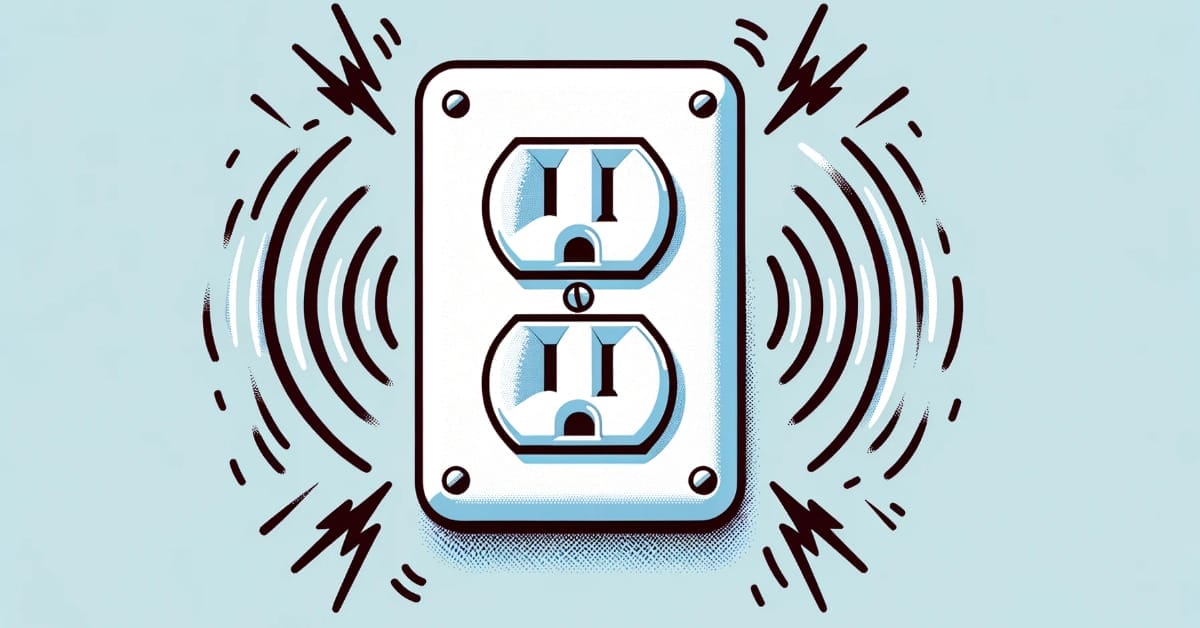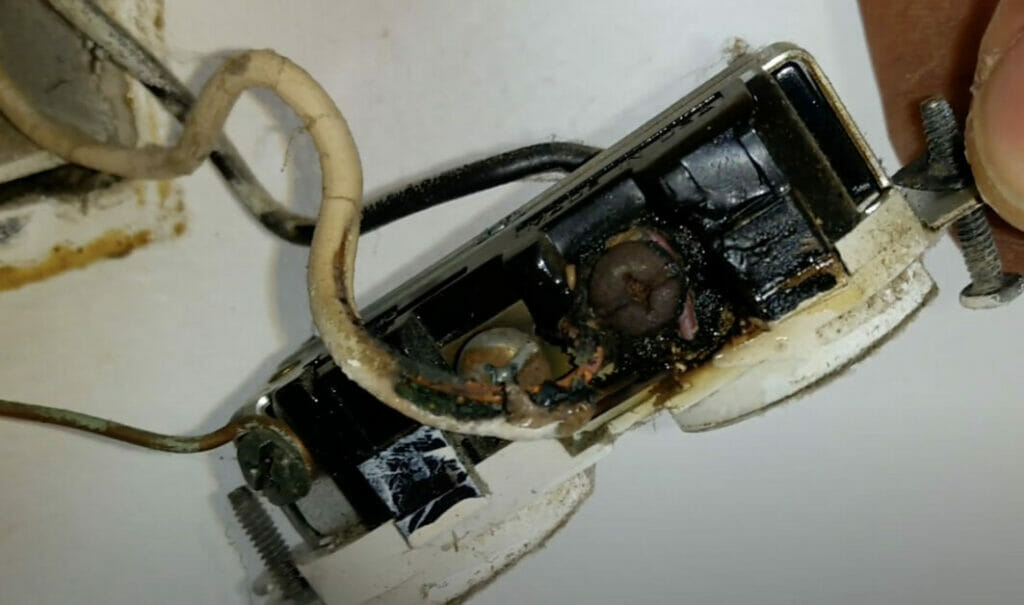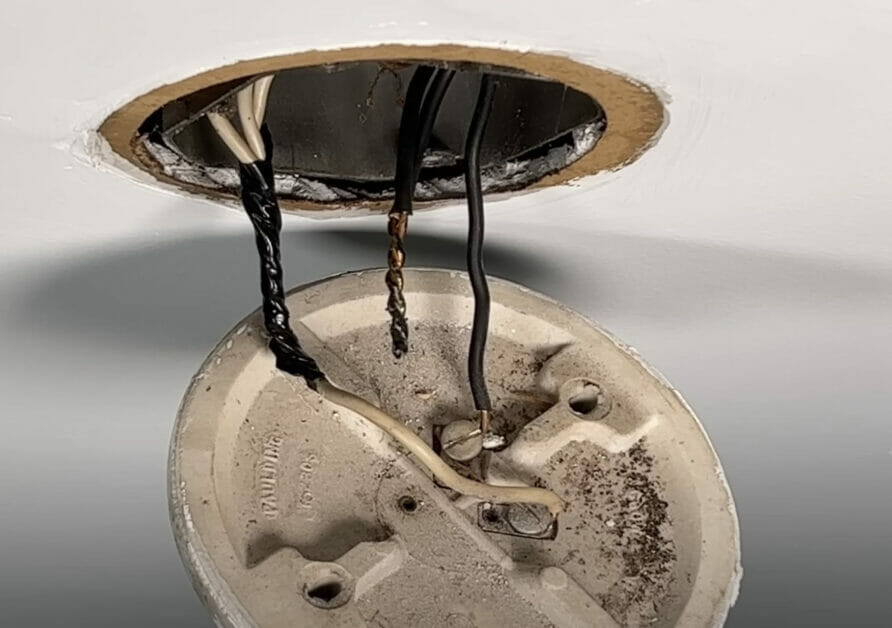Why is My Outlet Buzzing? (Guide)

Hey everyone, today we’re going to dive into a common household mystery that can be both perplexing and concerning: Why is your outlet buzzing?
The buzzing is usually due to a loose connection or a failing outlet, but several other possible causes exist. It happens when the current is interrupted. You should take it seriously as a warning, open the outlet, and check it. If the outlet is old, you should replace it anyway.
This article will unpack the reasons behind that mysterious buzz, from loose connections to more complex wiring issues. I’ll guide you through the detective work, showing you how to identify the problem, understand what your buzzing outlet is trying to tell you, and, most importantly, how to fix it safely.
Understanding and Addressing Buzzing Outlets: A Safety Priority

In our homes, we’re dealing with AC (alternating current). This current switches back and forth in polarity, usually about 50 to 60 times a second. Under normal circumstances, it’s a silent process.
But when something’s not quite right, like an interruption in the current, you get that buzzing or humming noise. We in the trade call it an electrical hum.
Now, let’s not beat around the bush here. A buzzing outlet is not something to take lightly. I’ve seen enough home projects to know that ignoring it could lead you down a path you don’t want to go.
I think electrical sparks are not the good kind. We’re talking about the possibility of a burned-out outlet or, even scarier, the risk of an electric shock or a house fire.
I always say, better safe than sorry. If your outlet is buzzing, it’s like a little alarm bell ringing, telling you to act fast. It’s crucial to address it sooner rather than later.
Diagnosing the Buzz: Common Culprits and Solution

Let’s get down to what’s causing that buzzing sound in your outlets. From my time fixing up homes, I’ve learned that this annoyance is usually due to an interruption in the regular flow of electricity.
Here are some usual suspects:
- Loose Wire Connection: It’s like when something’s not quite tight enough – a wire that’s not securely connected can cause a buzz. Opening up the outlet and tightening those connections can often solve the problem.
- Worn-out Outlet or Receptacle: Age or wear and tear can make an outlet fail. I’ve replaced my fair share of these, and it’s not just about stopping the buzz; it’s about safety.
- Faulty Appliances: Sometimes, it’s not the outlet but what’s plugged into it. A malfunctioning appliance can send that buzzing back through the outlet.
- Dimmer Switches: Ever notice a buzz when dimming the lights? Some dimmer switches can cause this when they regulate voltage.
- Problematic Wiring: Poor wiring, either due to age or improper installation, can be a culprit. I’ve seen cases where reversing the polarity or fixing a bad wire job did the trick.
- Circuit Breaker Issues: A loud buzz from the breaker box is a red flag. It’s time for a checkup or replacement if it’s old or malfunctioning.
- Rusty Wires in the Electrical Panel: This is a big one. Rust indicates age or moisture problems, and it’s a risk not worth taking. An electrician’s help is essential here.
But it’s not just about the buzz. Other signs like flickering lights, warm outlets, or frequently tripped breakers tell a story. Each symptom points towards different issues, but they all demand attention.
When I deal with these issues, I start with the basics:
- Tighten loose connections.
- Replace old or faulty outlets.
- Check and replace dimmer switches if necessary.
- Inspect and correct any improper installation.
- Reduce overload on warm outlets.
- Consult a pro for anything complex, especially breaker or wiring issues.
Remember, electricity is no joke. While I love a good DIY, safety comes first. Calling a professional electrician is smart if you’re ever in doubt. Let’s keep our homes humming safely, not buzzing with problems!
Safety First: Essential Precautions for Electrical Issues
Having been around the block a few times with home renovations and repairs, I can’t stress enough how crucial safety is when dealing with electrical issues. It’s not just about fixing a problem; it’s about doing it safely.
- Power Off, Safety On: Before you even think about touching that outlet, ensure the power is off. Head to your breaker box and turn off the circuit linked to the outlet.
- Test Before You Touch: Even after you switch off the power, use a voltage tester on the outlet. This is a non-negotiable step.
- Use the Right Tools: Use insulated tools when working with electrical components. I’ve got a set of screwdrivers with insulated handles that I always use for electrical work.
- Protective Gear: Don’t skimp on personal protective equipment. Safety glasses and gloves are a must. I’ve had my fair share of sparks and debris flying, and trust me, you’ll be thankful for the protection.
- Know Your Limits: This is big. If you’re not sure about something, don’t wing it. There’s no shame in calling a professional. Sometimes, an expert’s eye is what you need.
- Stay Informed and Updated: Electrical codes and standards exist for a reason. Keep yourself updated on these.
- Avoid Water: It might seem obvious, but keep electrical components and tools away from water. I remember working on a project where a small water leak near electrical work almost caused a disaster. Dry conditions are a must.
- Mind Your Surroundings: Be aware of your environment. Make sure you have enough light and space to work safely. Cluttered or cramped spaces can lead to accidents.
- Regular Maintenance Checks: Prevention is better than cure. Regular checks of your electrical system can prevent many problems. I make it a point to do a routine check in my home.
- Educate Others in Your Home: If you live with others, ensure they know electrical safety. I always tell my family the dos and don’ts, especially during a DIY electrical project.
Remember, electricity is no joke. Respect, understand, and, most importantly, stay safe while handling it. A careful approach can save you from a world of trouble.
References
Organizations:
- Electrical Safety Foundation International (ESFI). http://www.esfi.org/
- Occupational Safety and Health Administration (OSHA). https://www.osha.gov/
- National Institute for Occupational Safety and Health (NIOSH). https://www.cdc.gov/niosh/index.htm
Books:
- “Electrical Safety: A Practical Guide to OSHA and NFPA 70E® 2021 Edition” by James R. White. https://www.atplearning.com/product/2099/electrical-safety-a-practical-guide-to-osha-and-nfpa-70e-2021-edition-etextbook-lifetime
- “NFPA 70E, Standard for Electrical Safety in the Workplace, 2021 Edition” by NFPA. https://www.abebooks.com/9781455926244/NFPA-70E-Standard-Electrical-Safety-1455926248/plp
Website Resources:
- National Safety Council (NSC). https://www.nsc.org/
Video References:
Everyday Home Repairs
Stevenofpa
